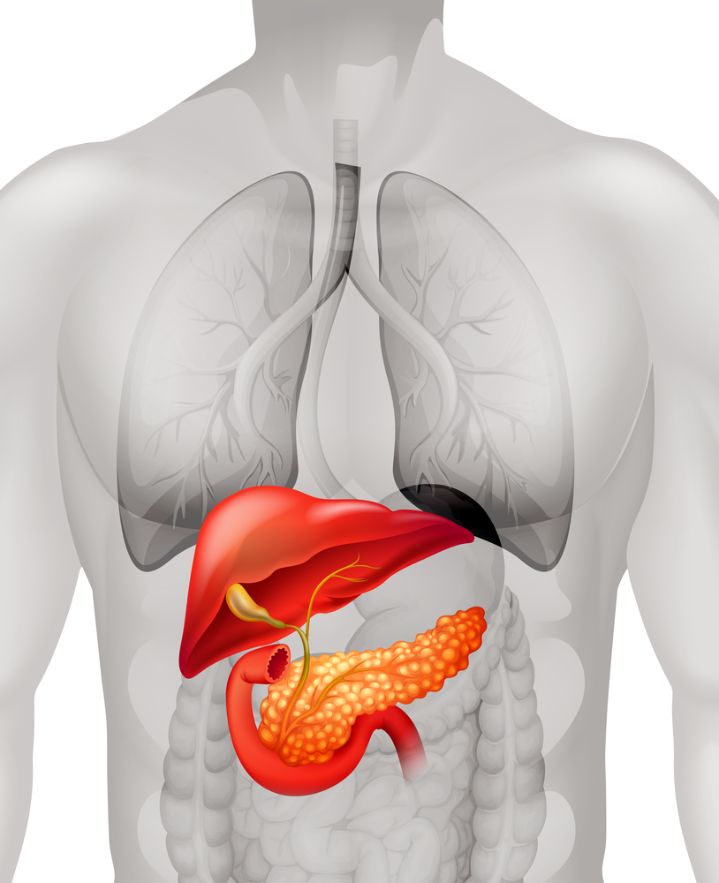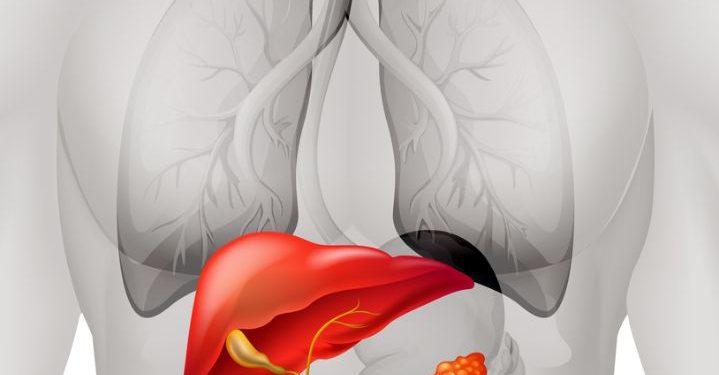The liver is one of the largest organs in your body, and it has many important functions. These include helping the body break down fats, synthesize proteins, and aid in digestion. It also helps the body detoxify.
Liver cancer, or hepatocellular carcinoma (HCC), occurs when the cells of the liver grow out of control. This cancer often spreads to nearby lymph nodes and other parts of the body in a process called metastasis.
Staging is the process of determining how advanced your liver cancer is. It can help your doctor decide which treatment plan is best for you. It can also help your family members and friends understand the situation better.
Stages of liver cancer are based on how big the tumor is, whether it has spread to nearby lymph nodes, and where it has spread outside the liver. The most common staging system used is the TNM system. This system is created by the American Joint Committee on Cancer, but other systems may be used as well.
TNM stages are based on the size of the tumor, the number of tumors, whether the cancer has spread to nearby lymph nodes and to other parts of the body, and if it has spread to distant sites such as the lungs or bones.
Your doctor will look at your liver and other tests to find out your stage. They can also use blood tests and imaging to determine what your cancer looks like.

The stage of your liver cancer can make a big difference in how your symptoms are. Your doctor can prescribe medications to help ease pain, nausea, and fatigue that you might feel from treatment. They can also recommend a healthy diet and exercise to keep you strong during this time of your life.
You should also get regular checkups with your doctor, who will monitor your progress and keep track of any changes in your symptoms. They may recommend new treatments to improve your quality of life or reduce the risk of complications.
There are several different treatment approaches for stage 4 liver cancer. They can include surgery, chemotherapy, and radiation therapy. These treatments all work to destroy cancer cells in the liver and other parts of your body. They can also cause side effects that can affect your mood and overall health.
Some treatments, such as radiation therapy, can affect your appetite. You might not be able to eat much or at all, so talk to your doctor about finding a healthy diet.
It can also help to avoid tobacco and alcohol. Smoking and drinking alcohol can affect your liver’s ability to work, and they can also increase the stress in your body.
When your cancer is diagnosed at stage 4, it will likely bring up a lot of complex emotions. These can affect you and your family members, but it is important to have coping mechanisms in place to deal with them. You can join cancer support groups, find education about your condition, and learn how to reduce anxiety about the diagnosis.









